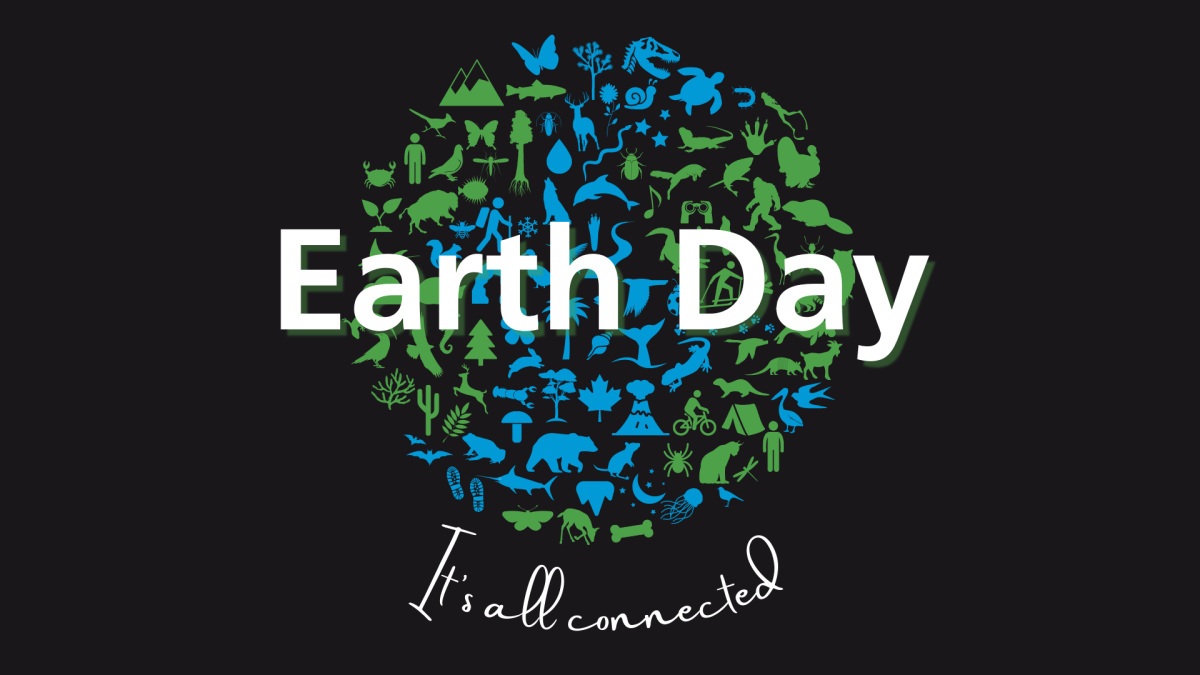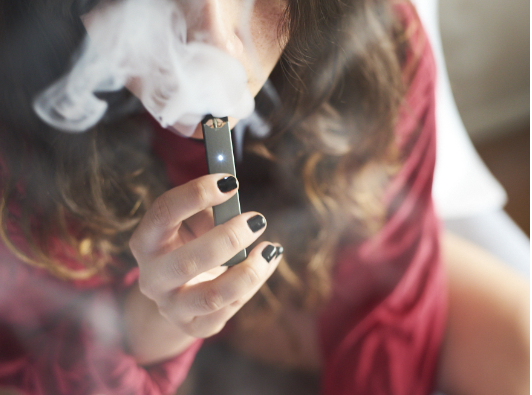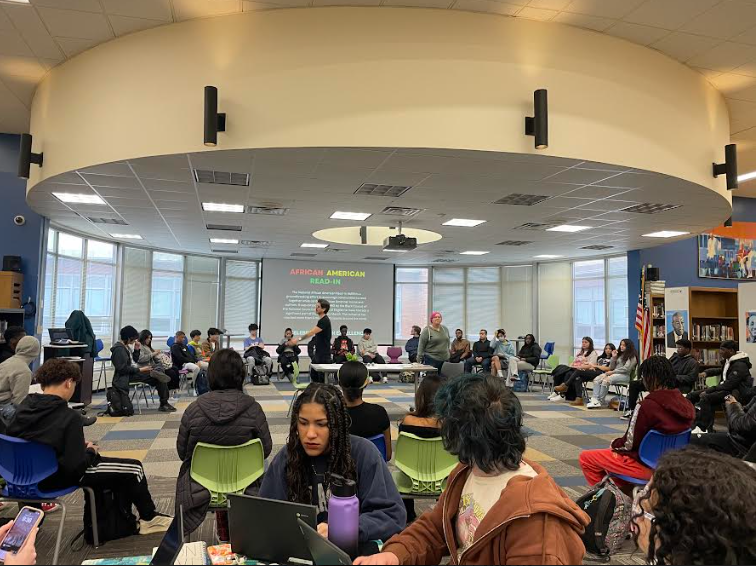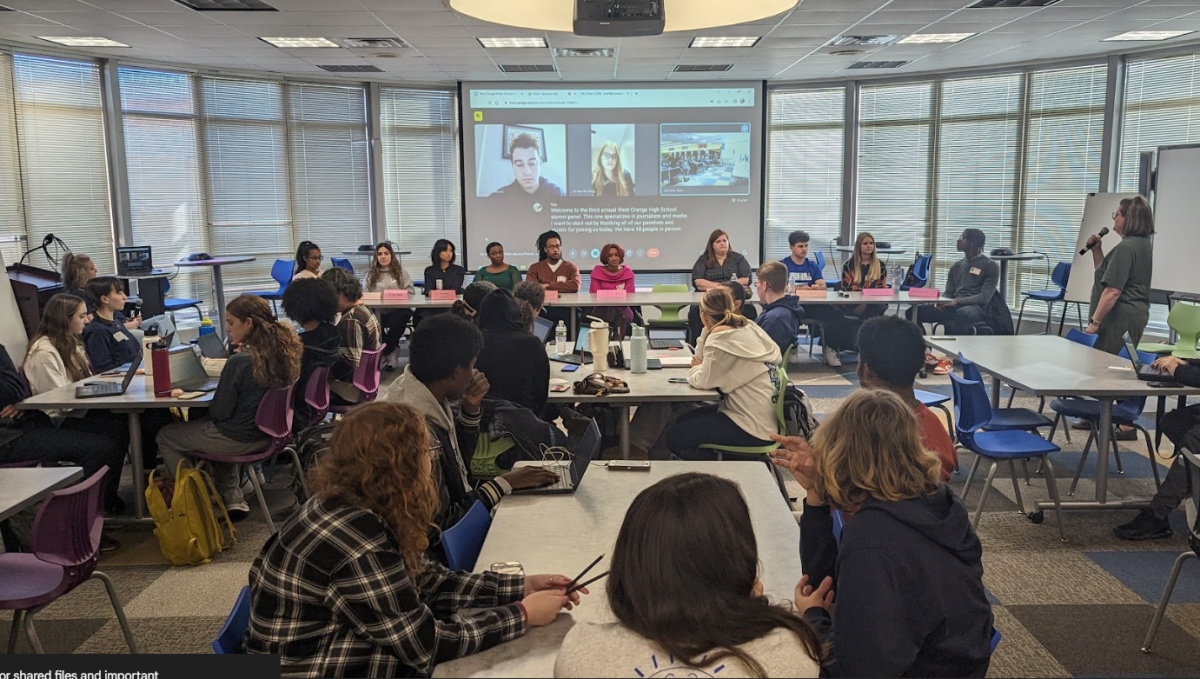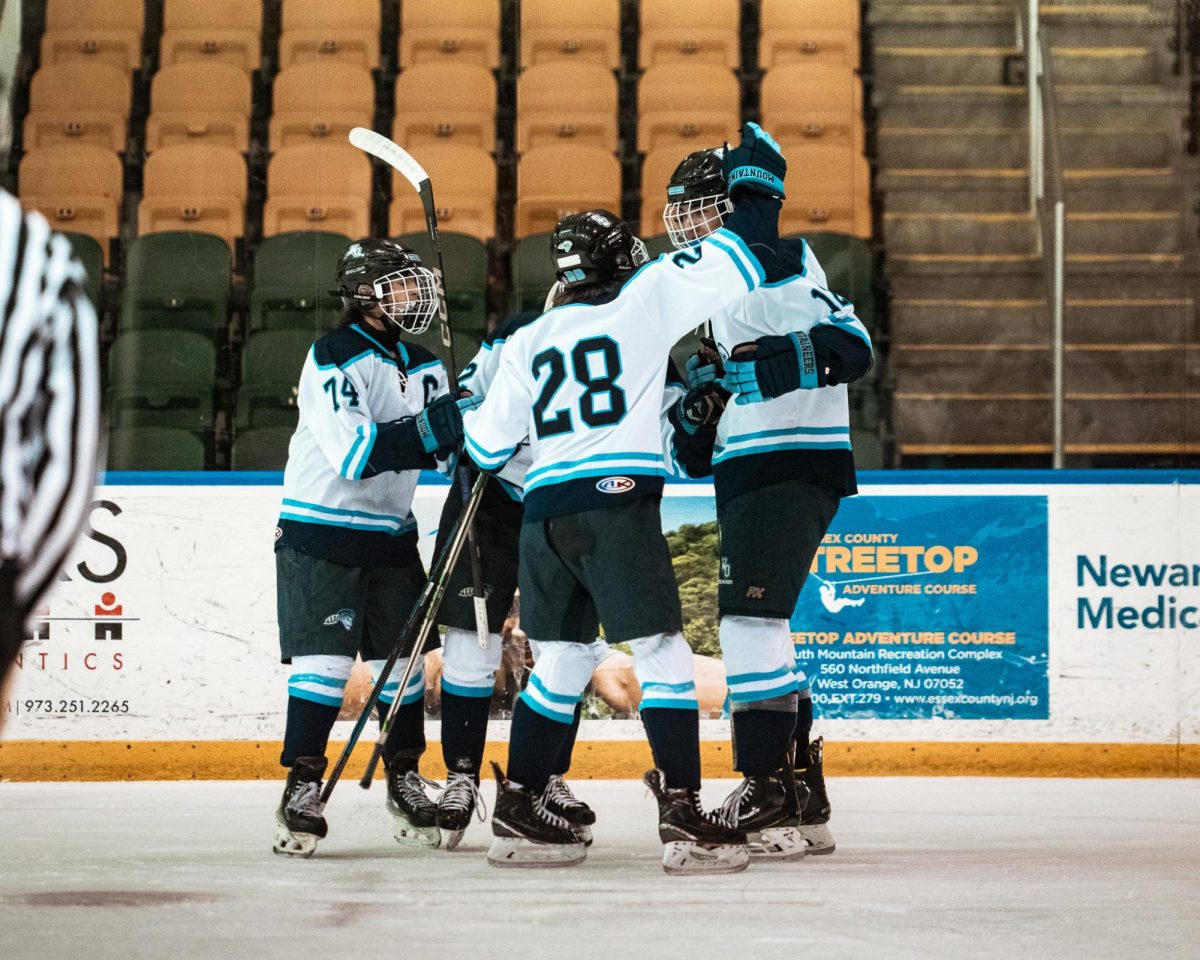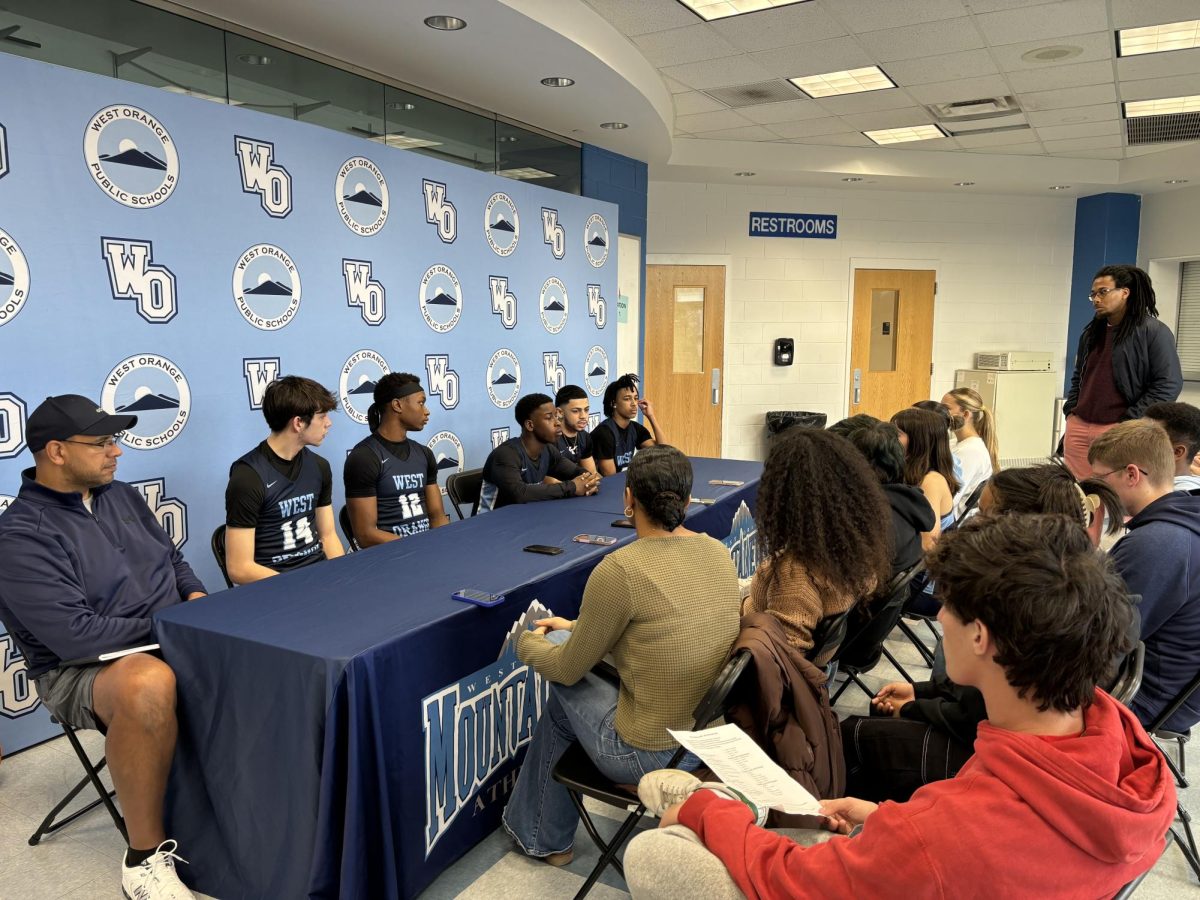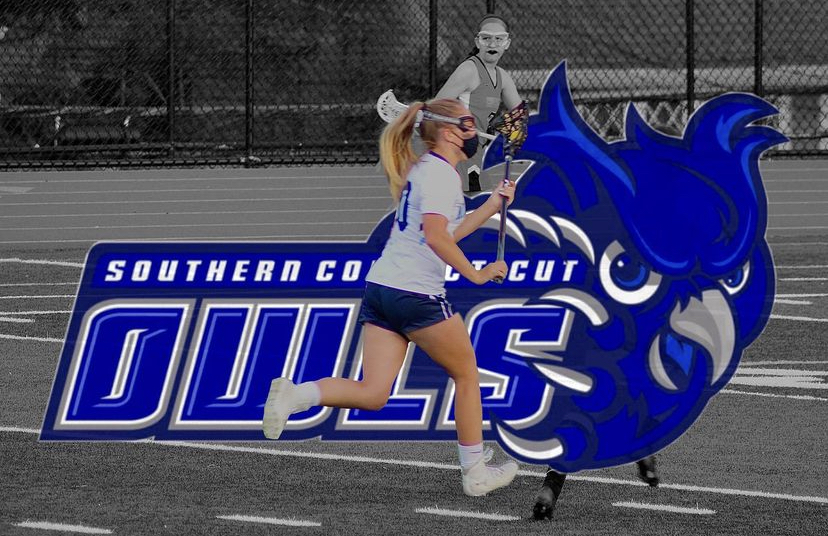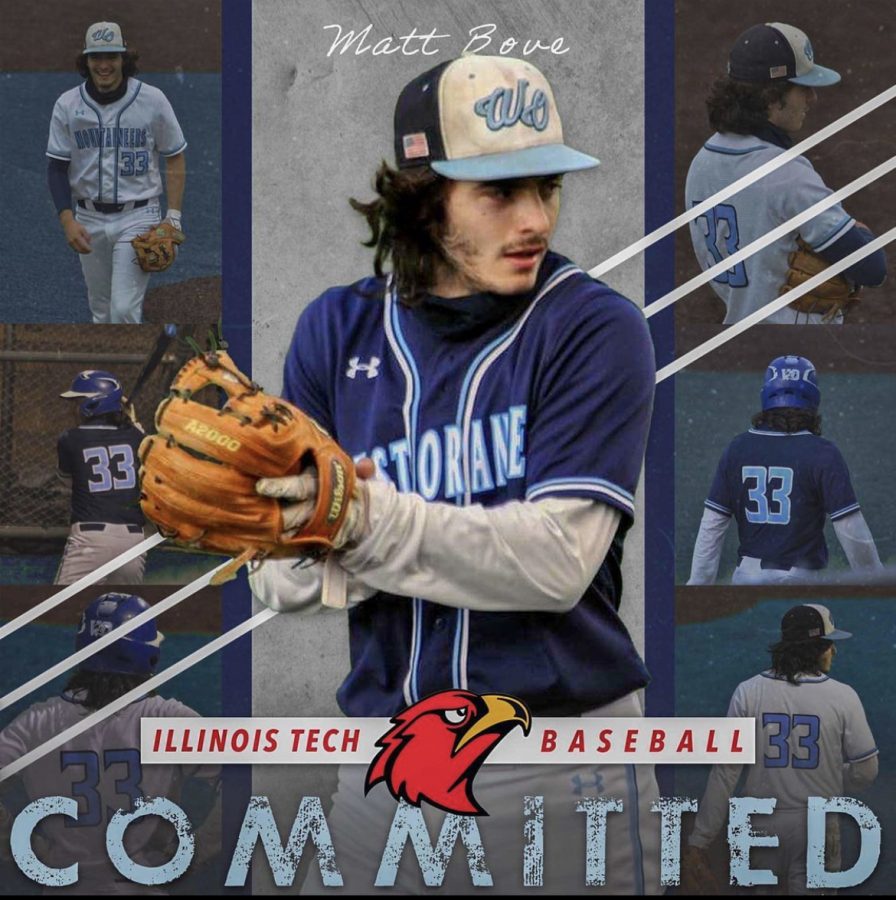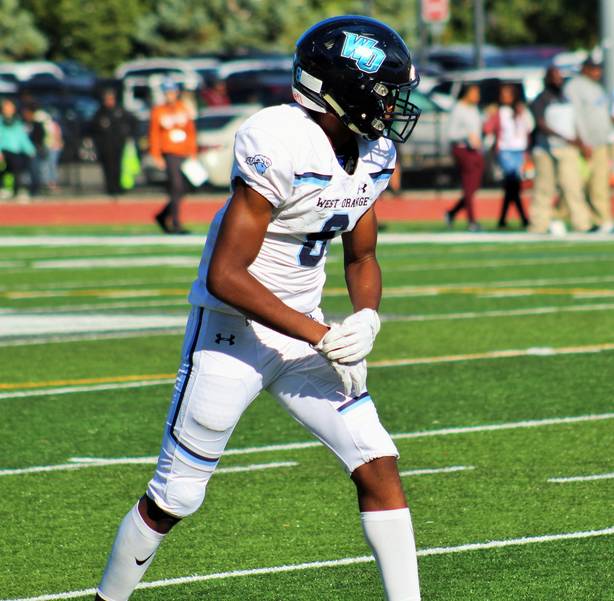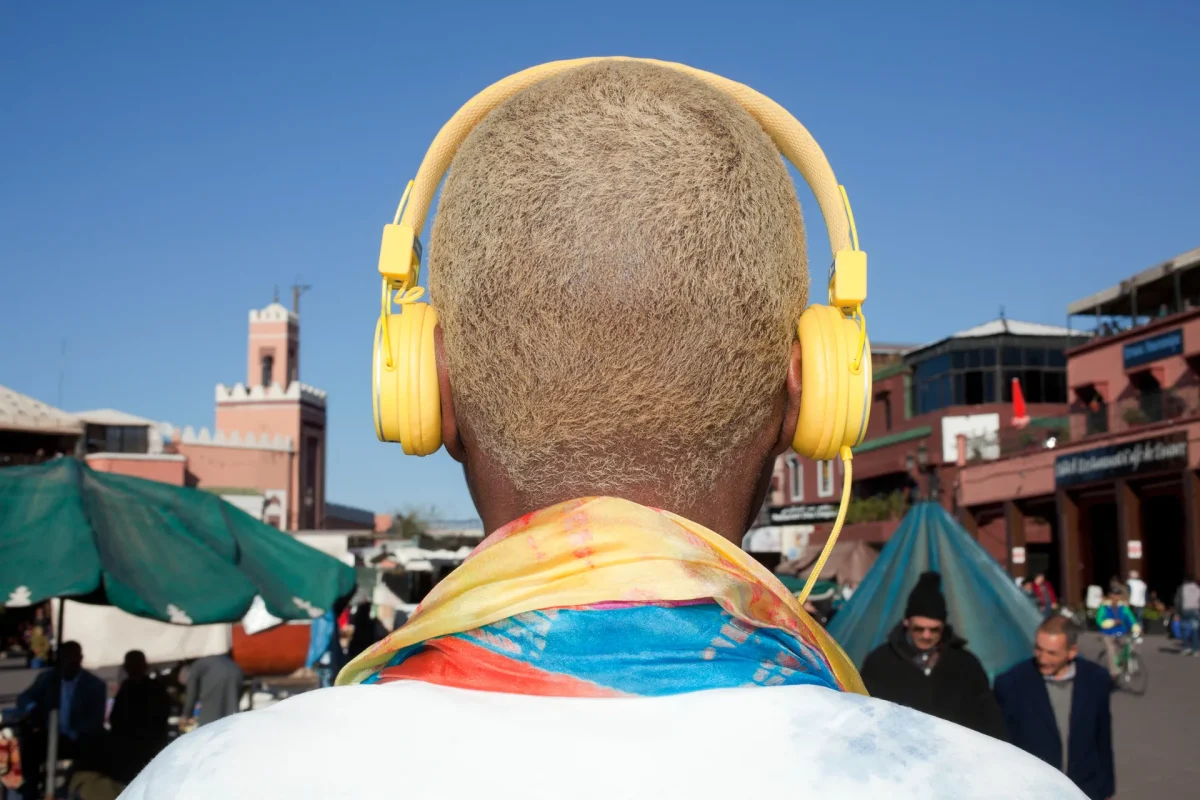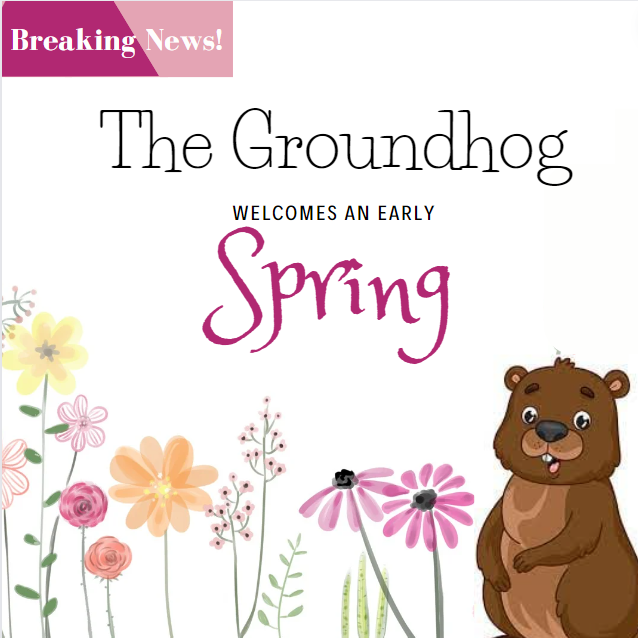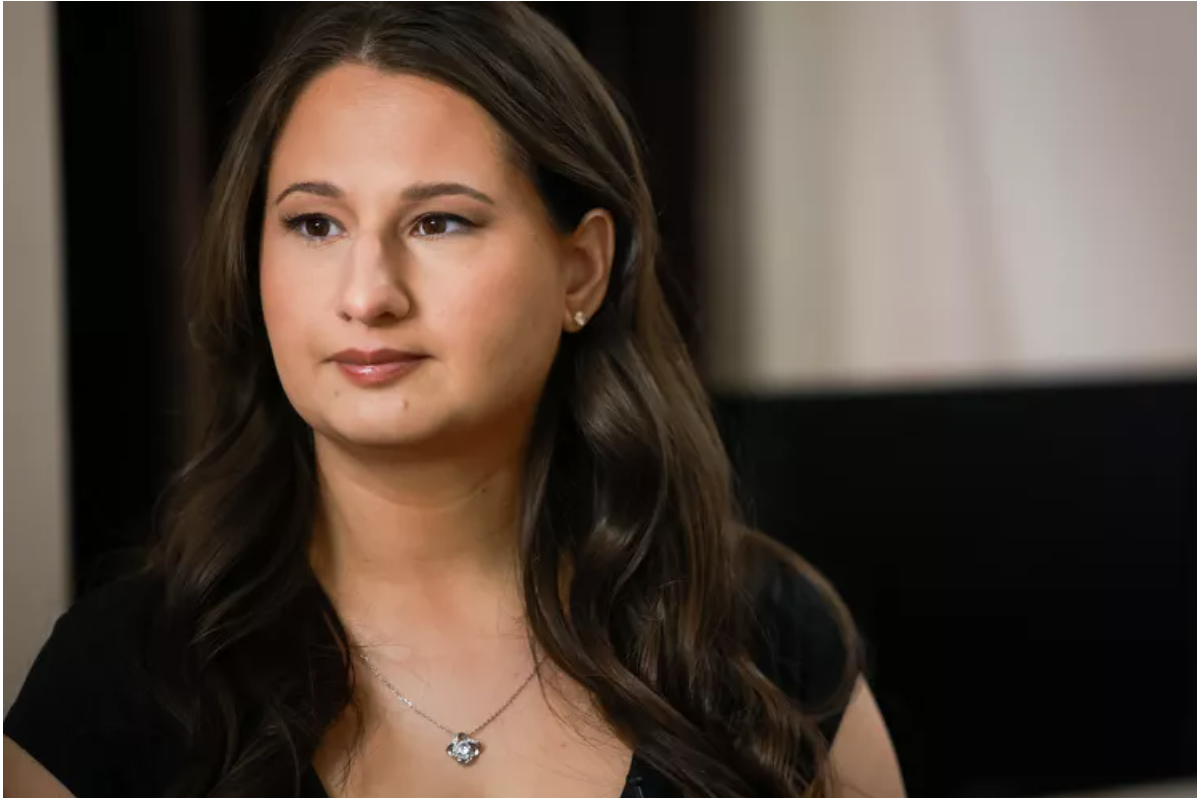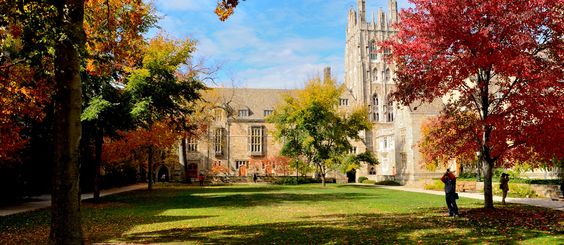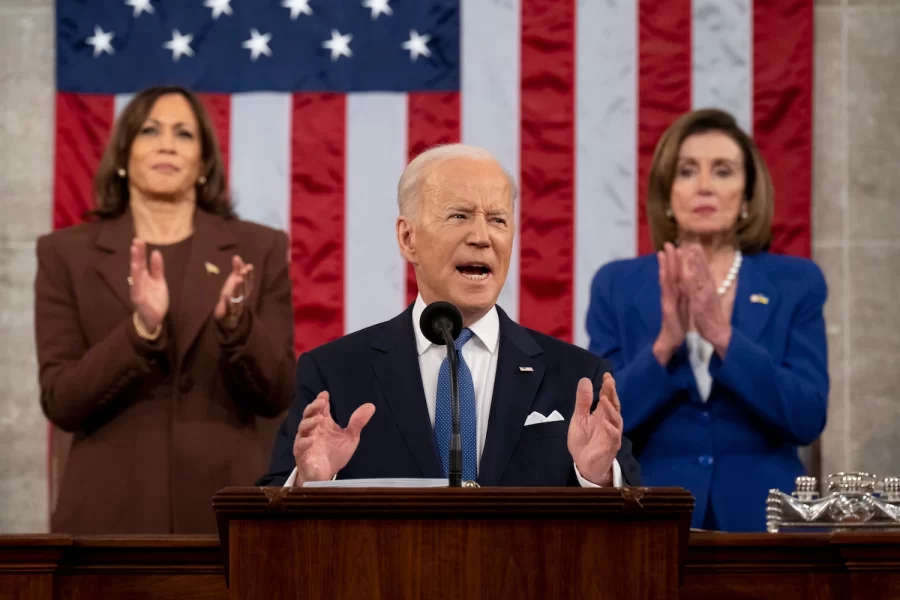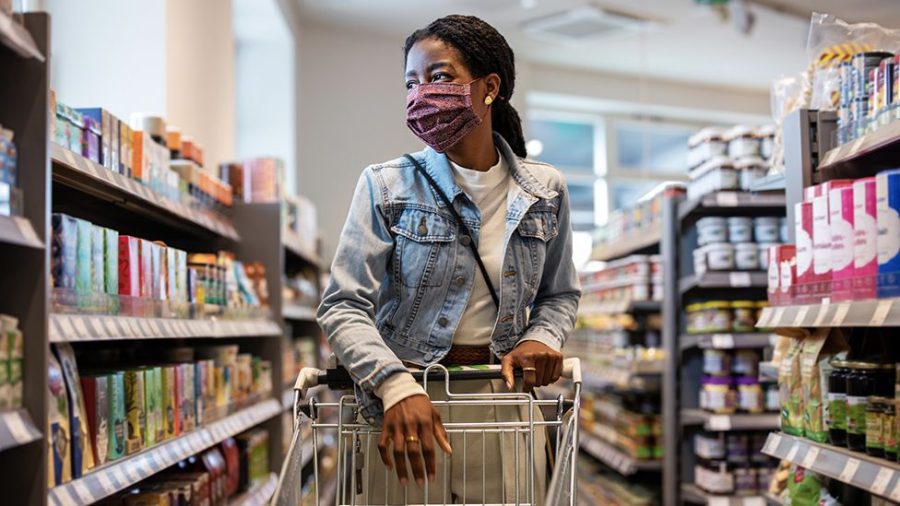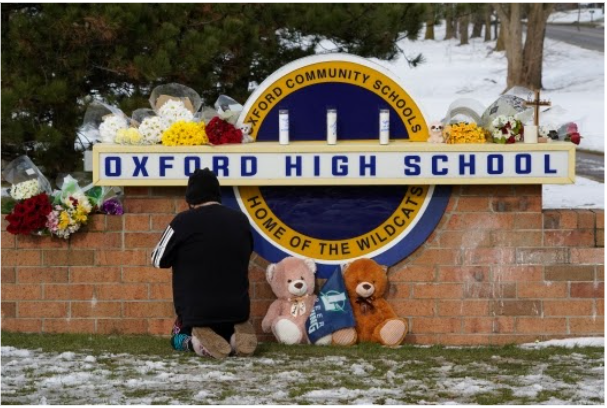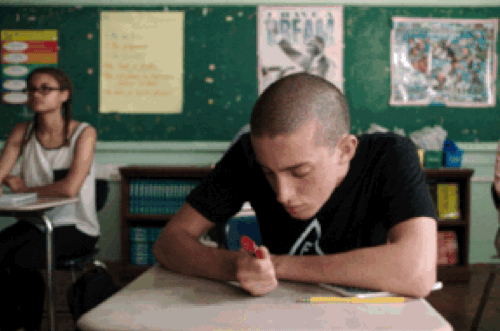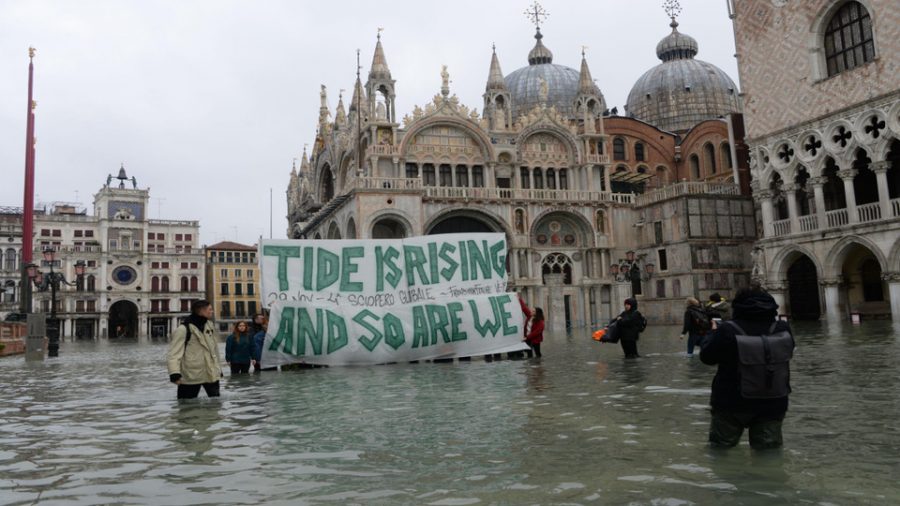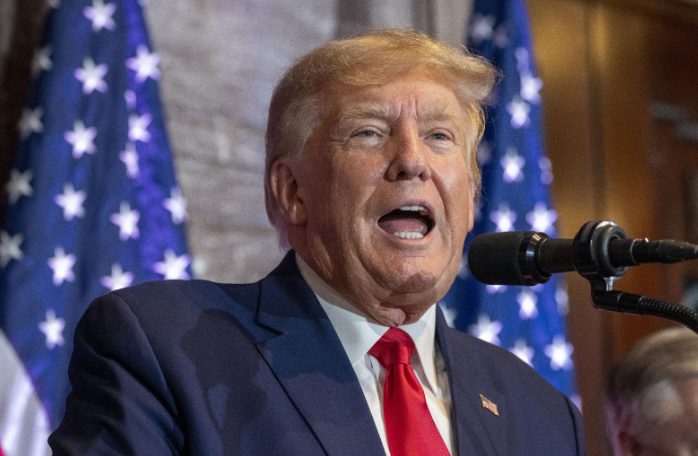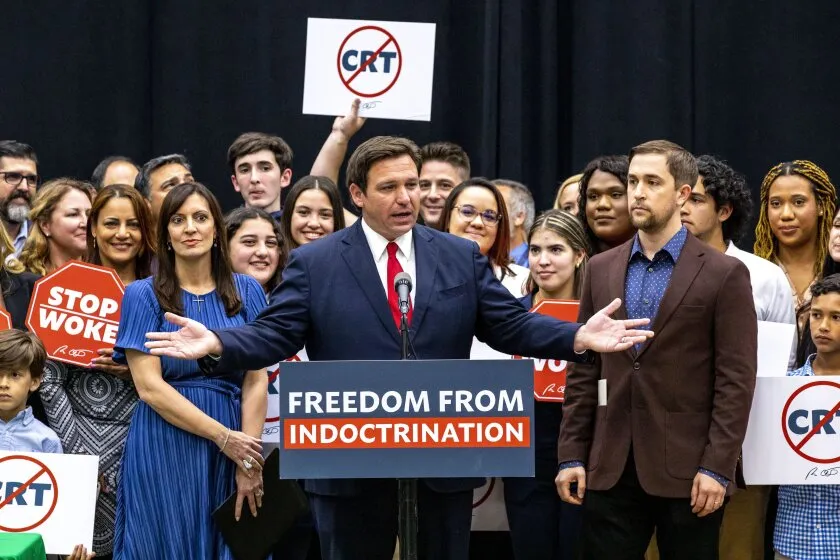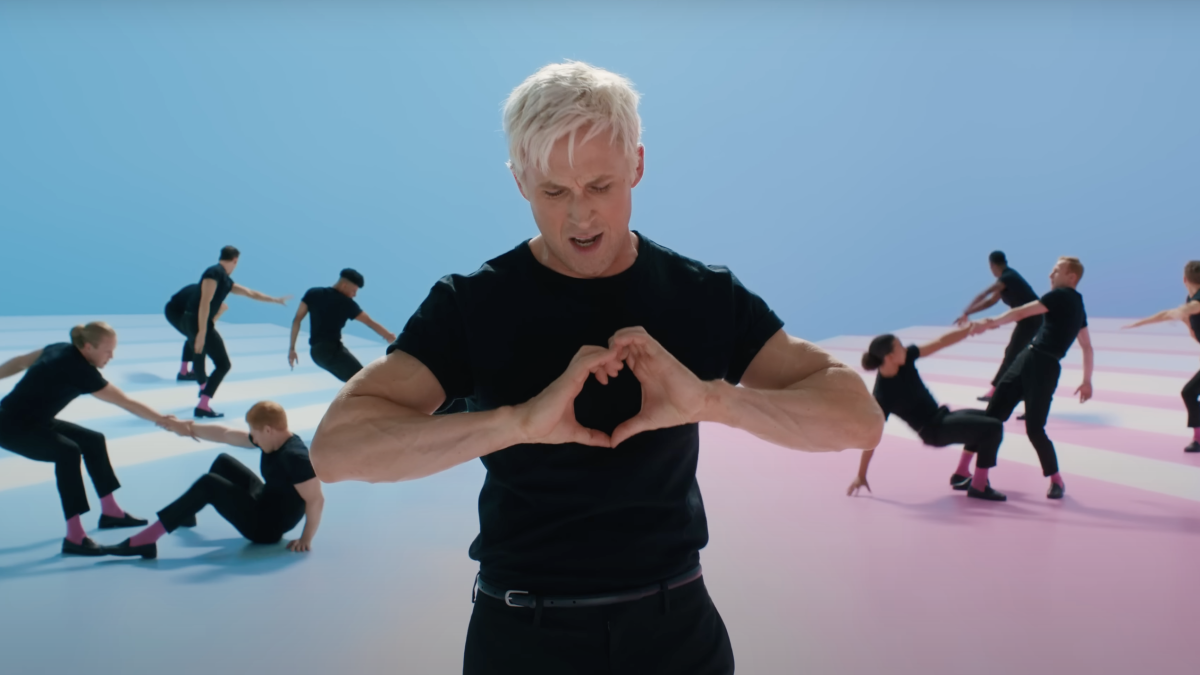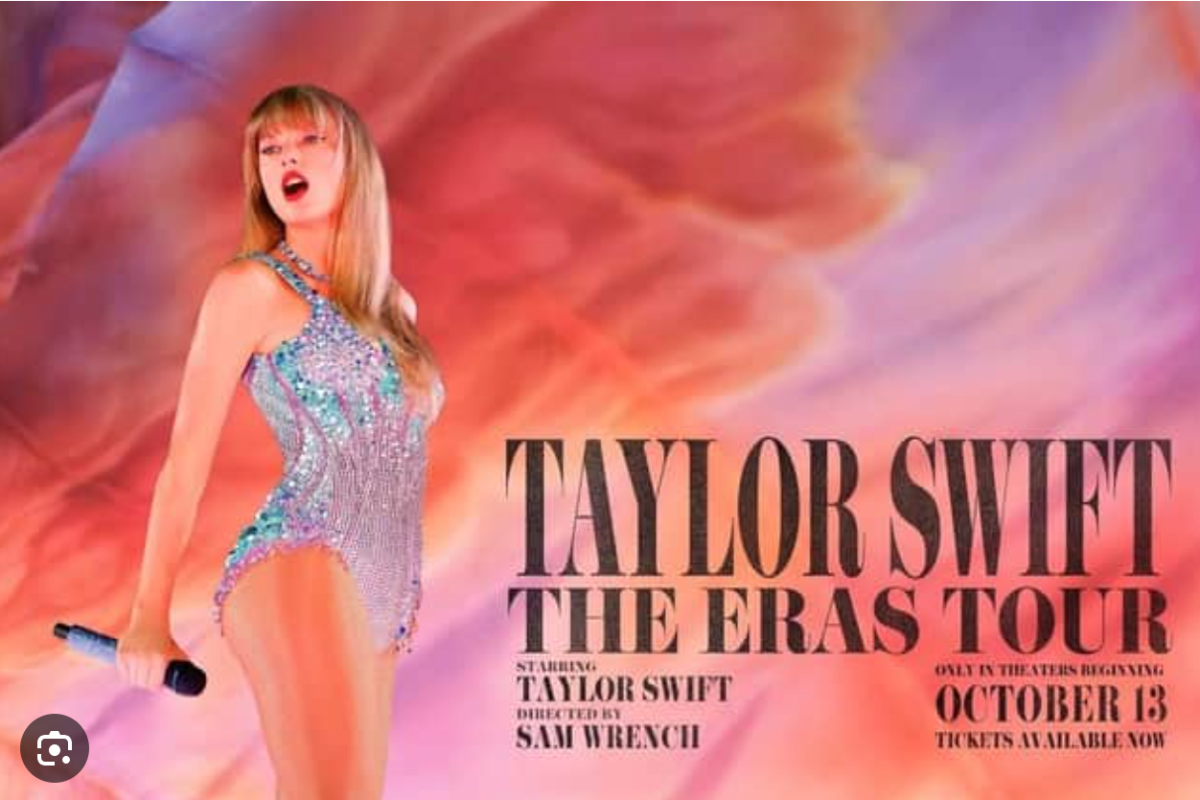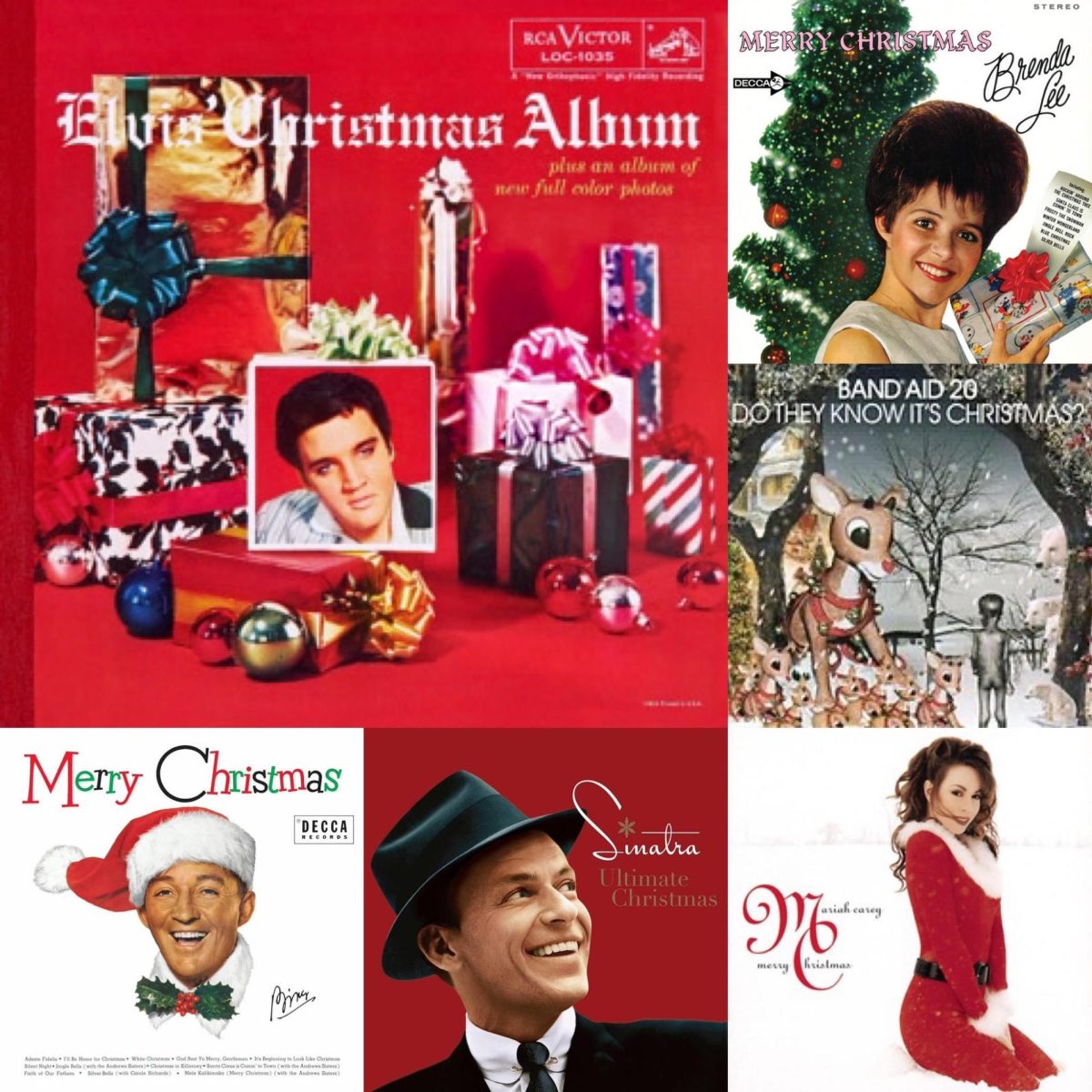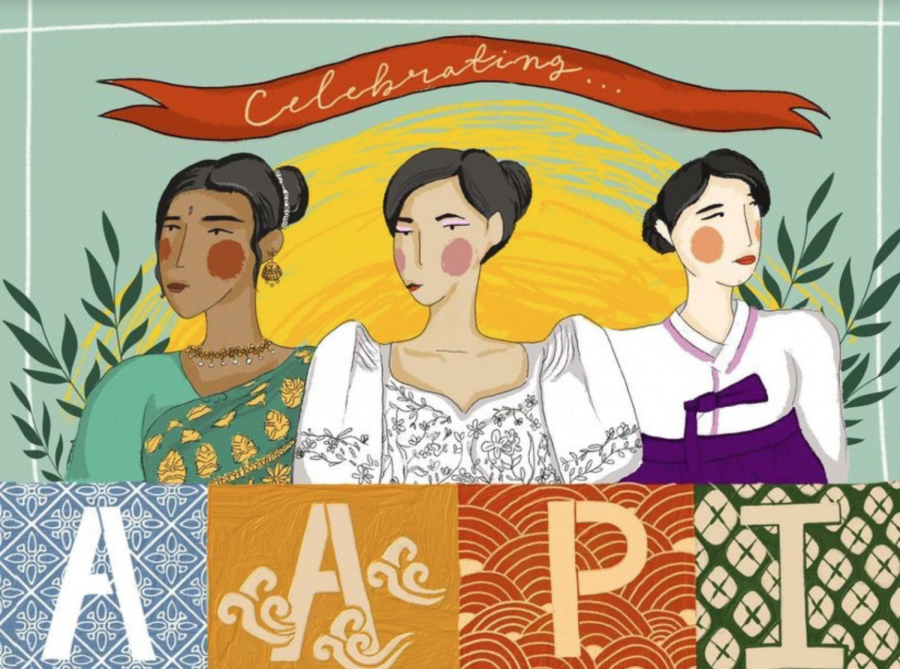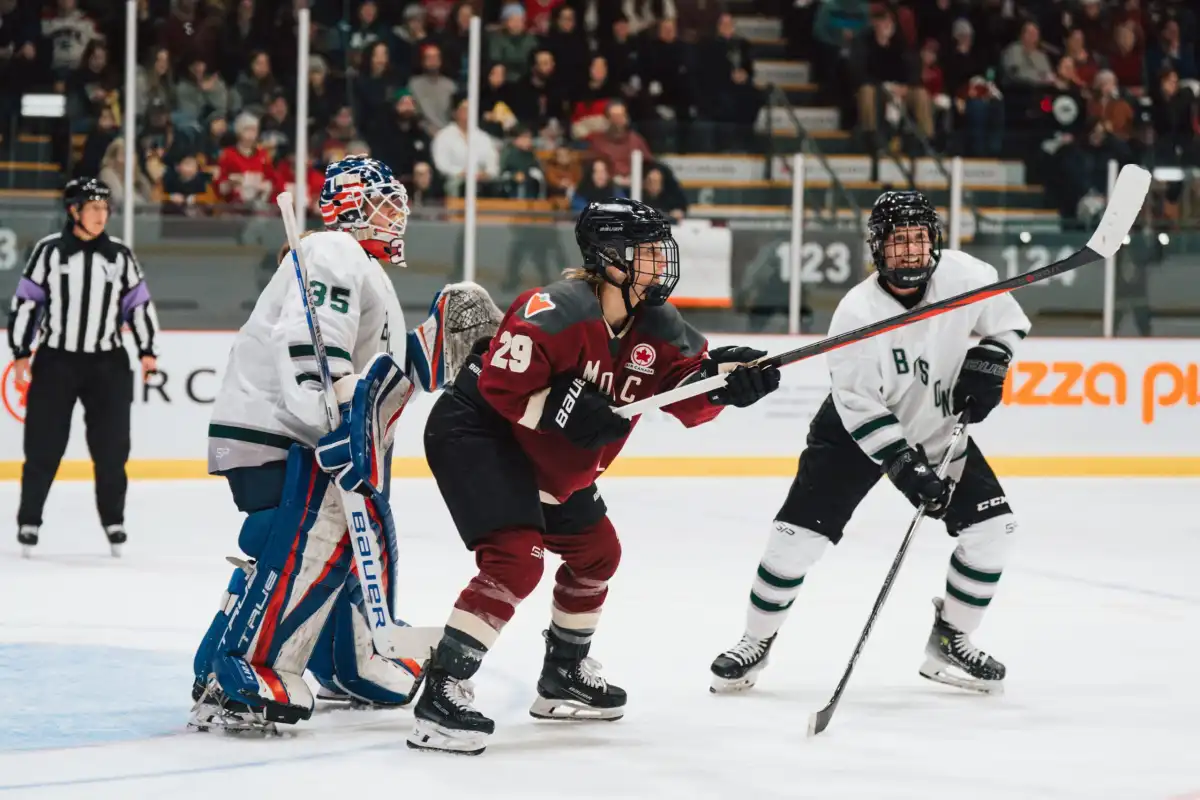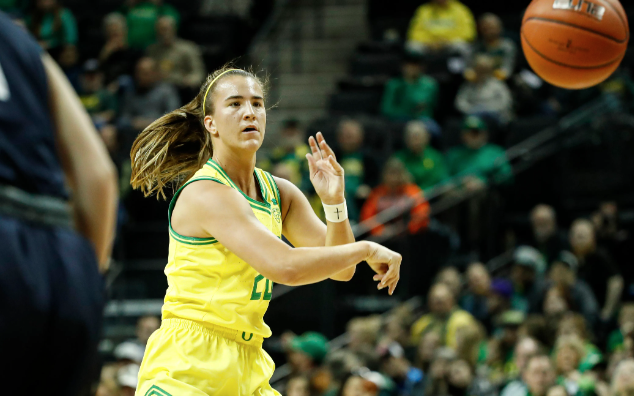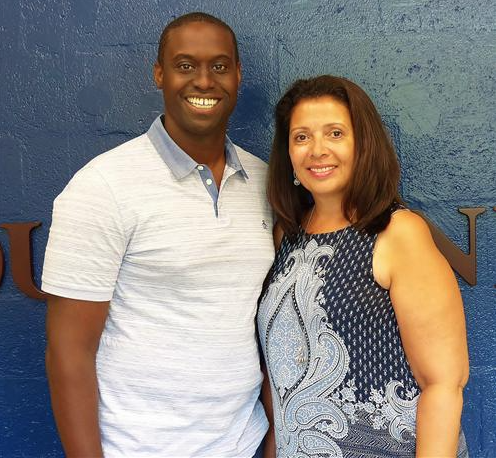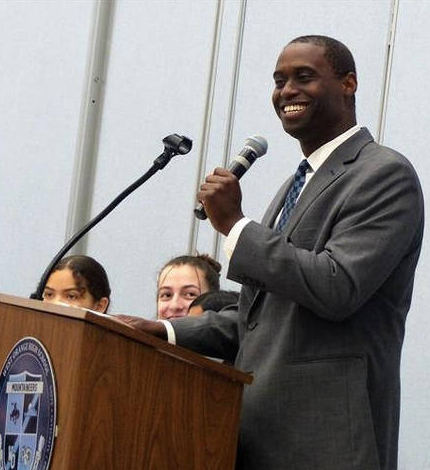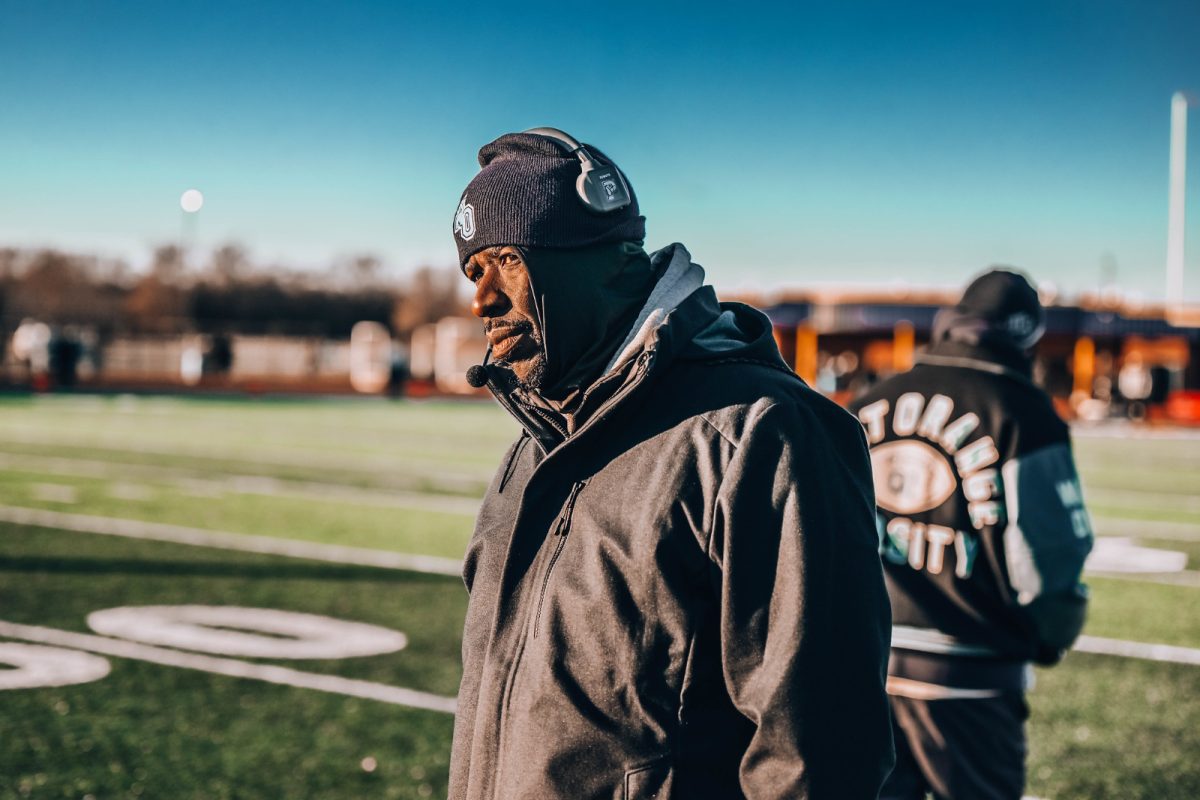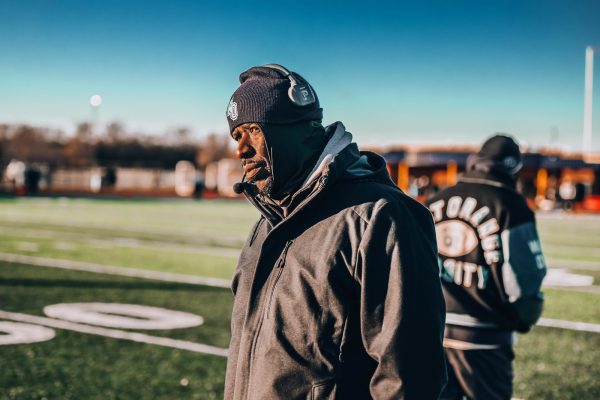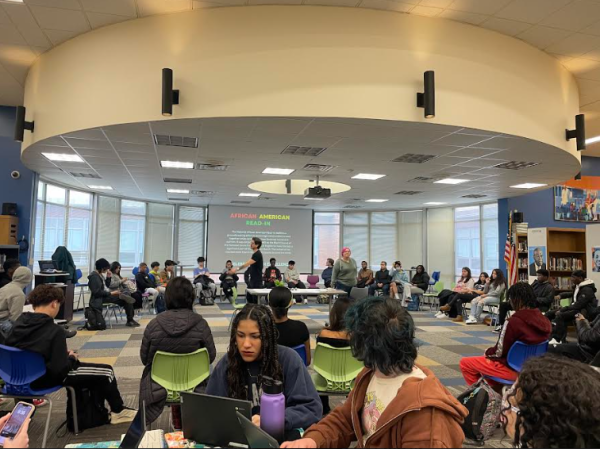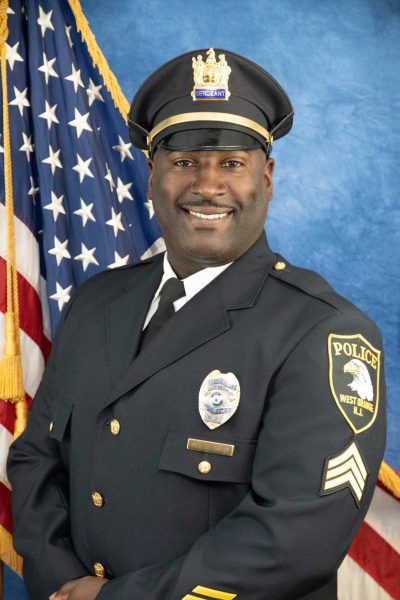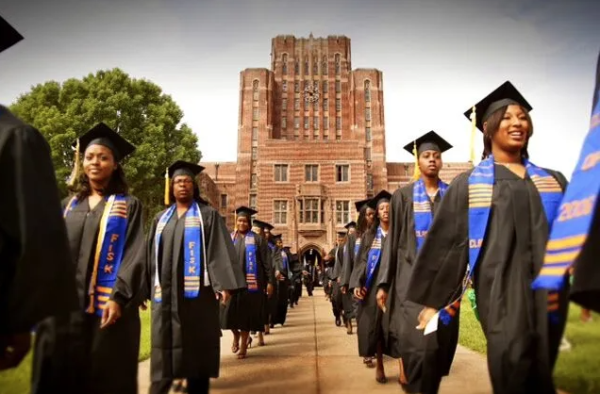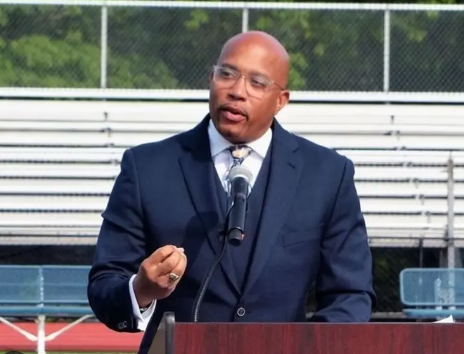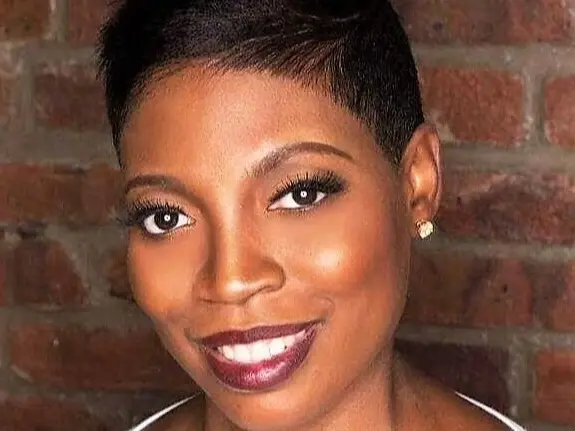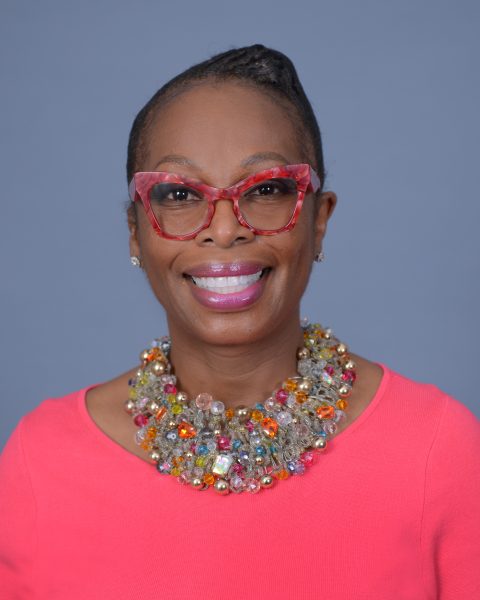BHM: Dunnigan’s Done it Again
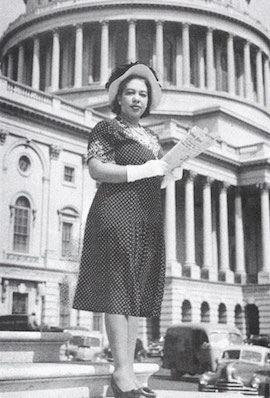
Alice Allison Dunnigan was the first African American female correspondent at the White House and first black female member of the Senate and House of Representatives press galleries. Born in 1906, in Russellville, Kentucky, Dunnigan likely gained her strong work ethic from her former-slave grandparents, her sharecropping father, and her mother, who was a washwoman. At just thirteen-years-old, she contributed to her local newspaper, Owensboro Enterprise, with one-sentence news items. Feeling burdened by the farming lifestyle, Dunnigan took courses in journalism at Tennessee A&I University and began teaching in the school district of her hometown. She eventually became a freelance writer for the Chicago, Illinois branch of the American Negro Press (ANP) while also taking night courses at Howard University. In 1946, Dunnigan began writing for the Chicago Defender and started working full-time at the ANP, eventually gaining a capital press pass. This pass enabled her to cover events of the Congress, which was usually inaccessible to most reporters, the public, and especially women and African Americans. She came to be the first African American to obtain a Congressional press pass. In 1948, Dunnigan covered Harry S. Truman’s presidential campaign in the press corps with only two other African Americans and one other woman. While covering the White House, she frequently asked questions about the escalating civil rights movement and the difficulty faced by black America. In the 1960s, she went on to serve on the President’s Committee on Equal Opportunity under presidents Kennedy and Johnson.
Alice Allison Dunnigan deserves more recognition because of her contributions to the equal rights movement in a community that was and still is dominated by white men. She came from very humble beginnings of living on a farm and received a limited and segregated education, but still made it all the way to the White House as a black woman. Dunnigan used her opportunities and position to provide a voice for African Americans when they did not have one. As a black female journalist myself, she serves as an inspiration and pioneer to me and to the black and female representation in the field of journalism.
